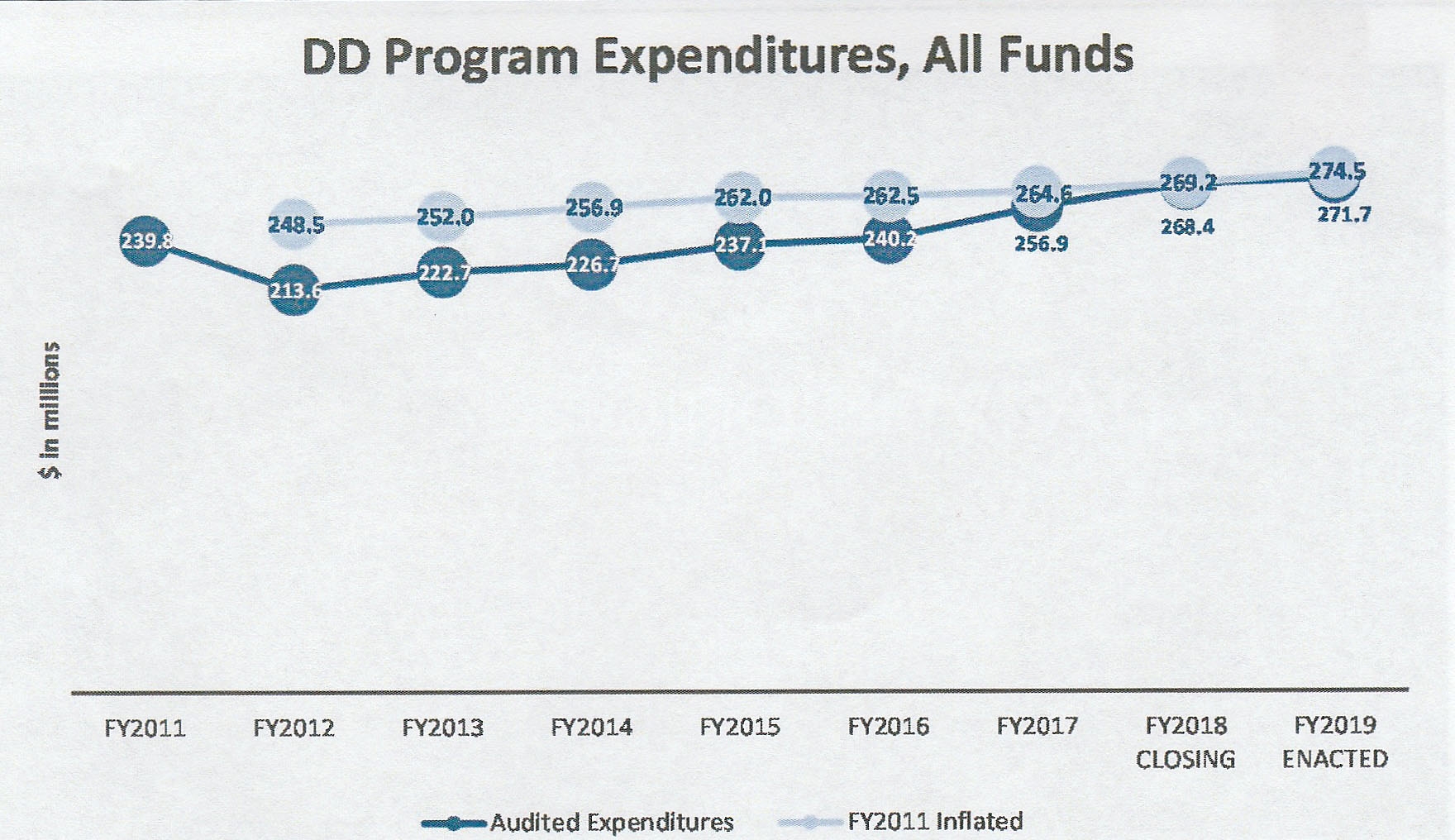Conference Seeks Connections Between Business And Job-Seekers With Disabilities
/By Gina Macris
A grass roots professional organization will bring Rhode Island businesses together with job seekers having disabilities and employment specialists skilled at creating successful matches between the two at a conference in Warwick Sept. 28, just ahead of National Disability Employment Awareness Month in October.
“Creating Connections,” at the Radisson Airport Hotel on Post Road, will include a presentation by Feast and Fettle, the company which delivers freshly-prepared gourmet meals in Rhode Island and parts of Massachusetts, Connecticut, New Hampshire and Maine. Feast and Fettle was ranked one of Rhode island’s top workplaces by the Rhode Island Department of Labor and Training in 2022.
Amy Gonzalez
Amy Gonzalez, a former senior policy advisor at the U.S. Department of Labor, will give the keynote address. She has extensive experience at the state and national levels in improving employment outcomes for people with disabilities and is currently project manager for the federally-funded National Disability Employment Training and Technical Assistance Center.
Creating Connections is sponsored by the Rhode Island chapter of the Association of People Supporting Employment First (RIAPSE), an organization best known for promoting training and education among professionals helping adults with disabilities find meaningful work in the community.
But the organizers of the conference say they want to broaden their approach to show the benefits of an inclusive workplace, both to employers and job-seekers.
The conference will explore “how it is we can we address workforce development and economic development” in a common-sense way that meets the needs of employers while reducing turnover costs and promoting employee satisfaction, said Kiernan O’Donnell, who serves as Co-President of RI APSE with Kim Einloth.
Businesses that hire people with disabilities work with professionals like O’Donnell, who analyzes an employer’s particular needs and finds suitable candidates to clear bottlenecks in operations, with continuing support to both the employer and employee.
O’Donnell’s day job is Director of Day and Employment Services for the Fogarty Center, a private agency serving adults with developmental disabilities.
Einloth emphasized the broad, inclusive approach of the conference, saying it will feature a session on “wellness in the workplace.”
“Wellness in the workplace is a universal idea,” she said, adding that the organizers hope everyone can walk away from the conference with relevant information or ideas.
Einloth is Director of Human Services for the Town of New Shoreham and former Chief Operations Officer for Perspectives, a private agency serving adults with developmental disabilities.
In addition to wellness in the workplace, the conference will offer two other breakout sessions: one on navigating the effects that earnings could have on benefits for those with disabilities, and another on finding life satisfaction through work.
A closing panel discussion will include:
Feast and Fettle’s Director of People Operations, Chris Smith, along with Jordan Andrews, a company employee
State Rep. Tina Spears, D-Charlestown, South Kingstown, New Shoreham and Westerly, who is also executive director of the Community Provider Network of RI, a trade association of organizations serving adults with developmental disabilities
Nina Pande, executive director of Skills for Rhode Island’s Future, a non-profit organization that aims to connect unemployed and underemployed Rhode Islanders with socially responsible, civic-minded employers, according to its website.
The moderator of the panel will be Jeannine Pavlak, executive director of neba (lower case), a non-profit organization in Massachusetts and Connecticut which helps people living with disabilities and other barriers to find fulfilling employment.
The conference will run from 12:30 to 4:30 and will be followed by an informal erehour-long networking opportunity. Registration has been extended to Monday, Sept. 25.
Conference fees are $35 for RI APSE members and $45 for non-APSE members, but O’Donnell encouraged those on tight budgets to apply for a scholarship at the end of the online registration process.
To register, click on the link: https://survey.alchemer.com/s3/7461935/RIAPSE

















